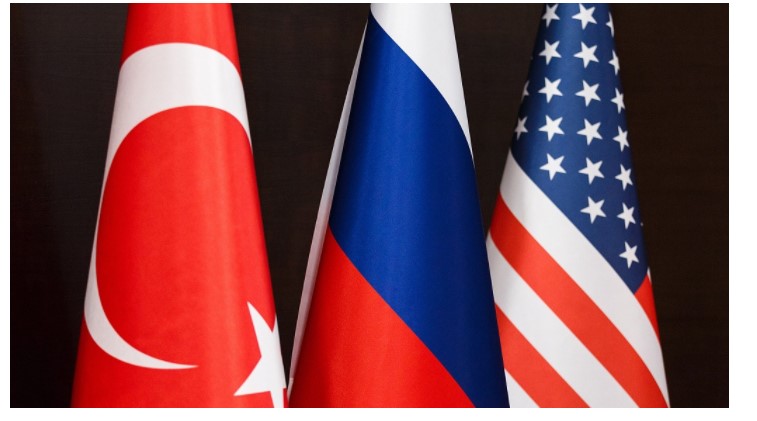Over the past six months, Russia has fortified its economic defenses after Western countries pummeled it with sanctions over its invasion of Ukraine.
Despite the crackdown, the Kremlin continues to rake in billions in oil and gas revenues, which helped the ruble rally to become the world’s best-performing currency this year.
But all is not well with the Russian economy.
The Western sanctions and widespread corporate exodus from Russia since Feb. 24 have ravaged the Russian economy—and its future prospects look even bleaker, according to a new report from Yale University researchers and economists led by Jeffrey Sonnenfeld, Yale School of Management professor and senior associate dean for leadership studies. It’s now become clear that the Kremlin’s “finances are in much, much more dire straits than conventionally understood” and that the large-scale “business retreats and sanctions are catastrophically crippling the Russian economy,” the researchers wrote.
Deterioration
As of Aug. 4, over 1,000 companies, including U.S. firms like Nike, IBM, and Bain consulting, have curtailed their operations in Russia. Though some businesses have stayed, the mass corporate exodus represents 40% of Russia’s GDP and reverses 30 years’ worth of foreign investment, says the Yale report.
The international retreat is morphing into a larger crisis for the country: a collapse in foreign imports and investments.
Russia has descended into a technological crisis as a result of its isolation from the global economy. It’s having trouble securing critical technology and parts. “The domestic economy is largely reliant on imports across industries…with few exceptions,” says the report. Western export controls have largely halted the flow of imported technology from smartphones to data servers and networking equipment, straining its tech industry. Russia’s biggest internet company, Yandex—the country’s version of Google—is running short of the semiconductor chips it needs for its servers.
At the same time, Russia’s “domestic production has come to a complete standstill—with no capacity to replace lost businesses, products, and talent,” the Yale report said. Russian producers and manufacturers are unable to fill the gaps left by the collapse of Western imports. Russia’s telecom sector for instance, now hopes to lean on China, India, and Israel to supply 5G equipment.
In the weeks following the Ukraine invasion, the Kremlin largely prevented a “full scale financial crisis” owing to quick and harsh measures, like restricting the movement of money out of the country and imposing a 20% emergency interest rate hike, Laura Solanko, senior adviser at the Bank of Finland Institute for Emerging Economies in Transition, an organization that researches emerging economies, told Fortune last month. The ruble even rebounded from a March low, when it was valued at less than one U.S. cent.
finance.yahoo.com
